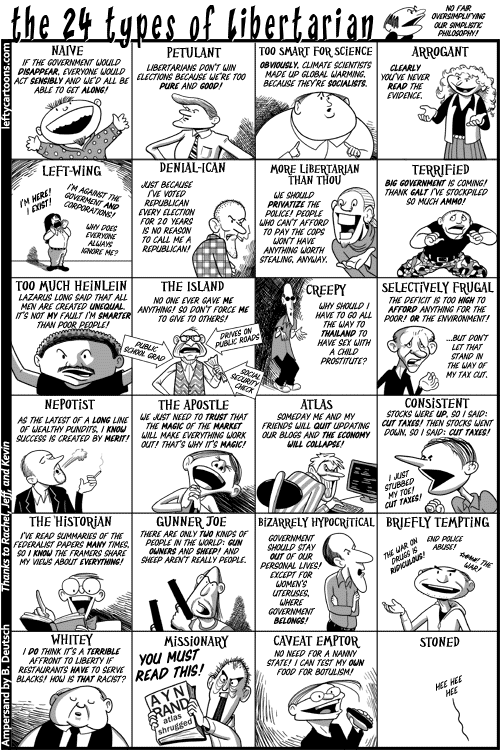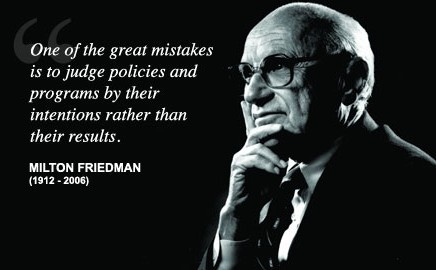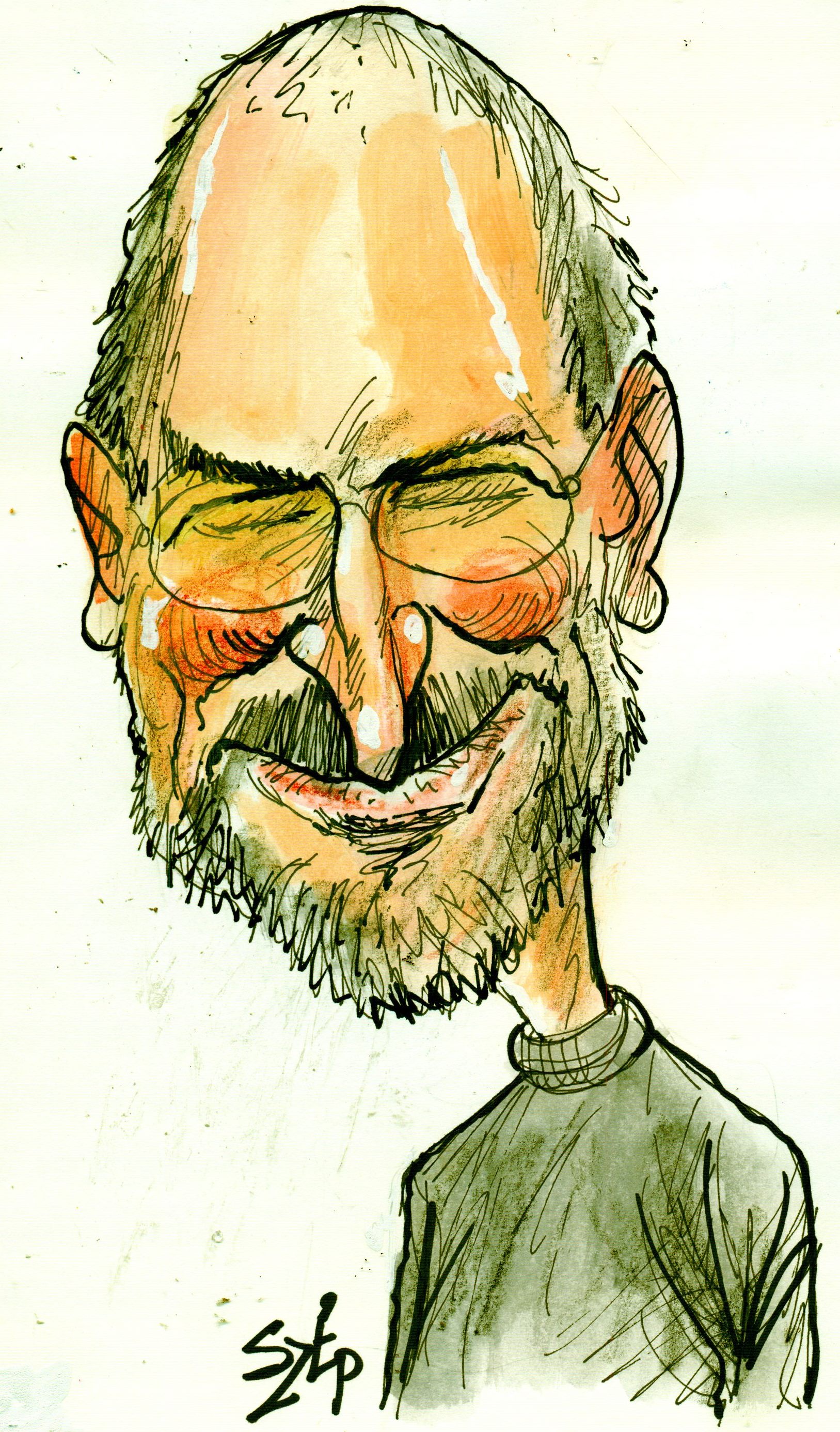Earlier this week, Mitt Romney got into trouble for saying, “I like being able to fire people who provide services to me.” To comprehend why the political class reacted as if Romney had just praised Hitler, you must understand that his critics live in a world in which no one can ever be fired — a world known as “the government.”
(And a tip for you Washington types: Just because a person became rich without working for government doesn’t mean he is “Wall Street.” A venture capital firm in Boston that tries to rescue businesses headed for bankruptcy, for example, is not “Wall Street.”)








